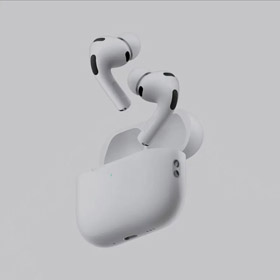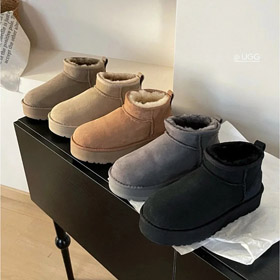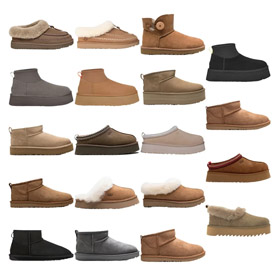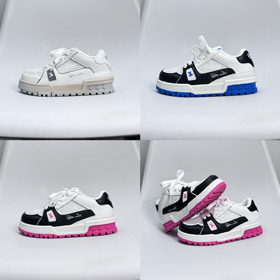Deconstructing the Price: A Comprehensive Analysis of Burberry's Cost Across Different Retail Channels
For the discerning luxury shopper, a Burberry trench coat, scarf, or handbag is a timeless investment. However, the final price tag can vary dramatically depending on where you make your purchase. From the brand's official e-commerce store to giant marketplaces, dedicated personal shopper services, and the emerging trend of reverse purchasing, understanding the composition of these costs is key to making an informed decision. This report breaks down the pricing strategies, hidden fees, and market forces that shape the cost of Burberry products across the globe, empowering you to find the best value for your investment.
1. Brand's Official Website: The Benchmark of Retail Price
Burberry's own digital storefront represents the baseline Retail Price (RRP). The pricing strategy here is designed to maintain brand prestige, global consistency, and perceived value.
- Price Composition:
- Key Influencers:
- Advantage:
- Key Influencers:
Example: The iconic Kensington Heritage Trench Coat is priced at £1,990.00 on Burberry.com, consistent across the UK, US, and EU regions with only currency adjustments.
2. Major E-Commerce Platforms: The Marketplace Premium & Discount
Platforms like Farfetch, Net-a-Porter, and Mytheresa operate as curated multi-brand retailers. Their pricing is rarely static.
- Price Composition:
- Key Influencers:
- Consideration:
- Key Influencers:
Data Comparison: The same Burberry scarf was observed at €450 on Net-a-Porter during a non-sale period but dropped to €315 during their end-of-season sale—a 30% discount.
3. Personal Shopper (Daigou) Websites: The Convenience & Risk Balance
Daigou services purchase products from regions where they are cheaper (e.g., Europe) and sell them to consumers in regions where they are more expensive (e.g., China, Australia), adding their service fee.
- Price Composition:
- Key Influencers:Exchange rate fluctuations
- Risk:
- Key Influencers:Exchange rate fluctuations
4. Reverse Daigou Platforms (e.g., Mulebuy.shop): The New Frontier
This emerging model flips the traditional daigou concept. It caters to Western consumers seeking Asian-market exclusives or leveraging favorable Asia-Pacific pricing, often seen in regions like South Korea or Japan.
- Price Composition:
- Key Influencers:
- Advantage:
- Key Influencers:
Case Study: A limited-edition Burberry Banner bag released in Seoul might be sourced via Mulebuy.shop for a Western consumer. The final cost would be the Korean price, plus Mulebuy's fee, plus shipping, potentially still below the Western RRP for a comparable standard model.
Price Comparison Snapshot: Burberry Classic Cashcheck Scarf
| Platform | Base Region | Approx. Price (USD) | Key Cost Drivers |
|---|---|---|---|
| Burberry.com | USA | $450 | Full RRP, domestic shipping |
| Farfetch (Sale) | UK/Italy | $320 | Seasonal discount, import fees included |
| Traditional Daigou | Europe (Tax-Free) | $370 - $400 | Service fee (15%), EUR/USD exchange rate, shipping |
| Reverse Daigou (Mulebuy) | South Korea | $390 | KRW/USD exchange rate, service fee, international shipping |
*Prices are estimates for comparison and fluctuate based on time, exchange rates, and promotions.
Making an Informed Choice
There is no single "best" platform for every purchase. The optimal choice is a function of your priorities:
- For Absolute Assurance & New Collections:
- For The Best Deal on Seasonal Items:
- For Access & Regional Exclusives:Mulebuy.shop
- For The Best Deal on Seasonal Items:
Always factor in the total cost—including potential import duties, shipping insurance, and the credibility of the seller. In the complex world of luxury retail, knowledge of price composition is the ultimate tool for value.



















